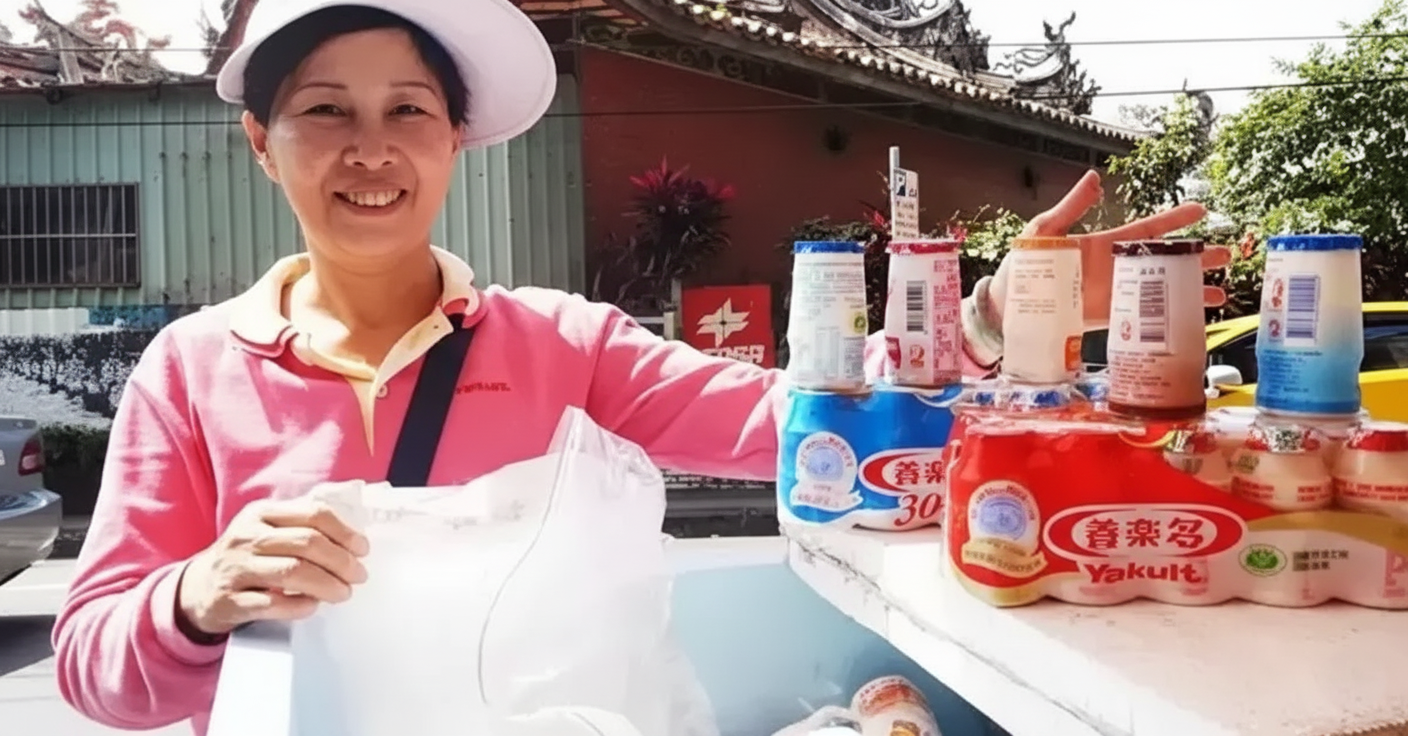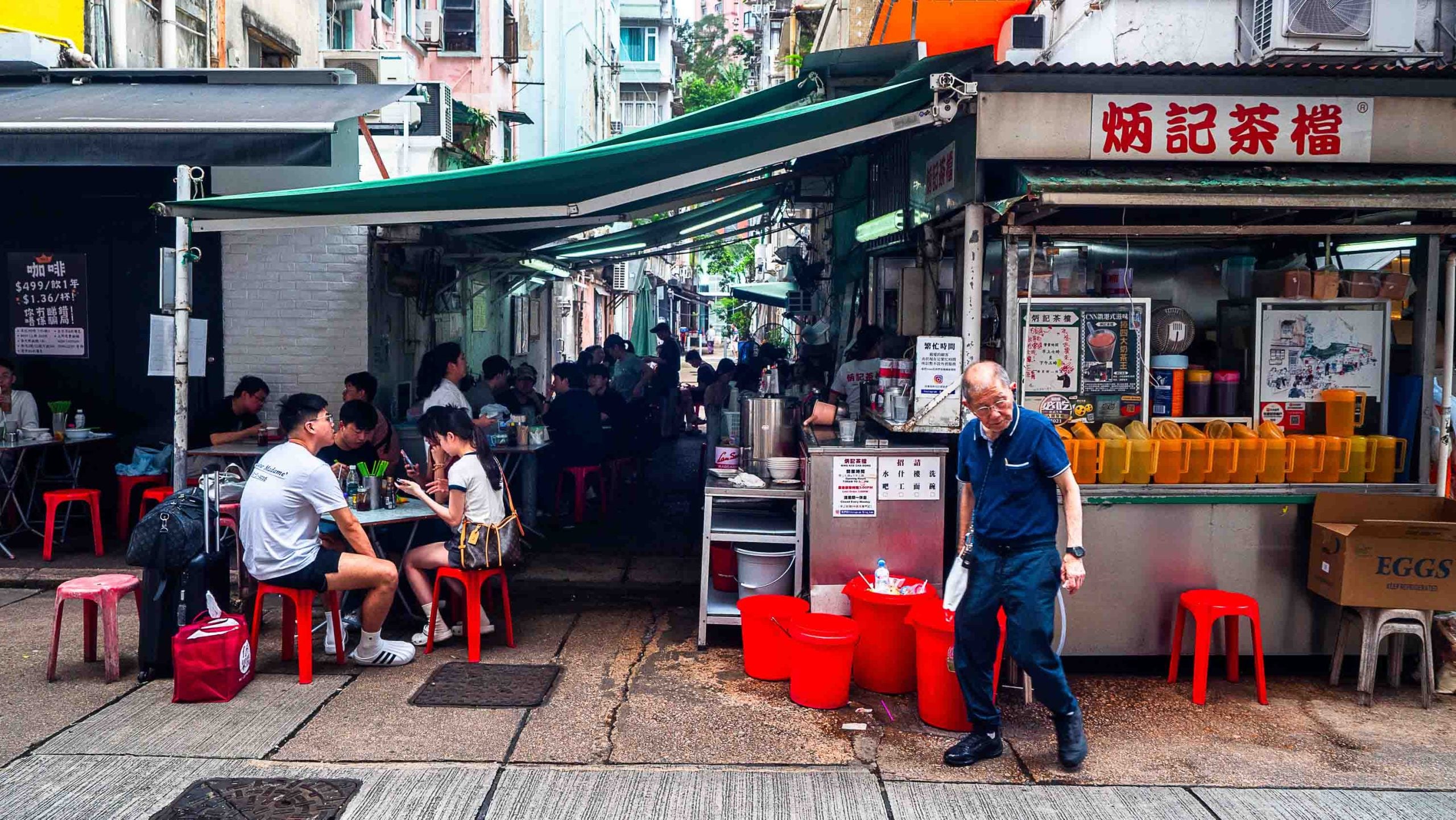Step aside, milkmen, we’re waiting for Yakult mom! If you grew up in Southern China, you’ve probably met her: the smiling woman with a red cart, offering you a small bottle of Yakult.
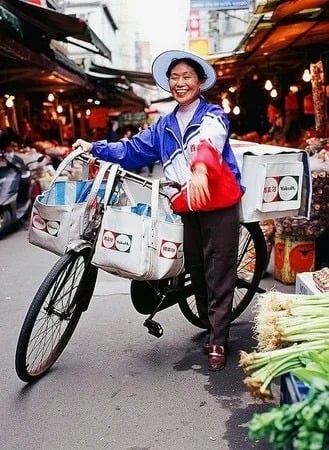
These women, affectionately called 益力多小姐” (Yi Li Duo Miss), who were largely based in Guangdong province, are part of Yakult’s signature outreach program. “Yi Li Duo” is the localized translation of the Japanese probiotic drink brand Yakult, which originated in Japan in 1935. The role of the Yakult mom dates back to the 1960s, when the company launched a door-to-door delivery model to connect more closely with families. Some say it was one of the earliest forms of food delivery.
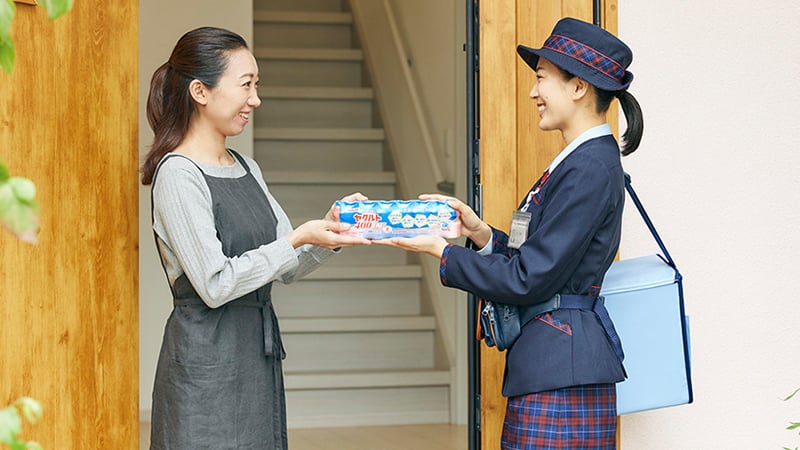
What began as a marketing idea soon evolved into a social mission. At a time when many women left the workforce after having children, Yakult offered them flexible, community-based jobs. Yakult moms became trusted neighborhood figures who not only delivered drinks but also shared smiles and conversations that connected people in their daily routines.
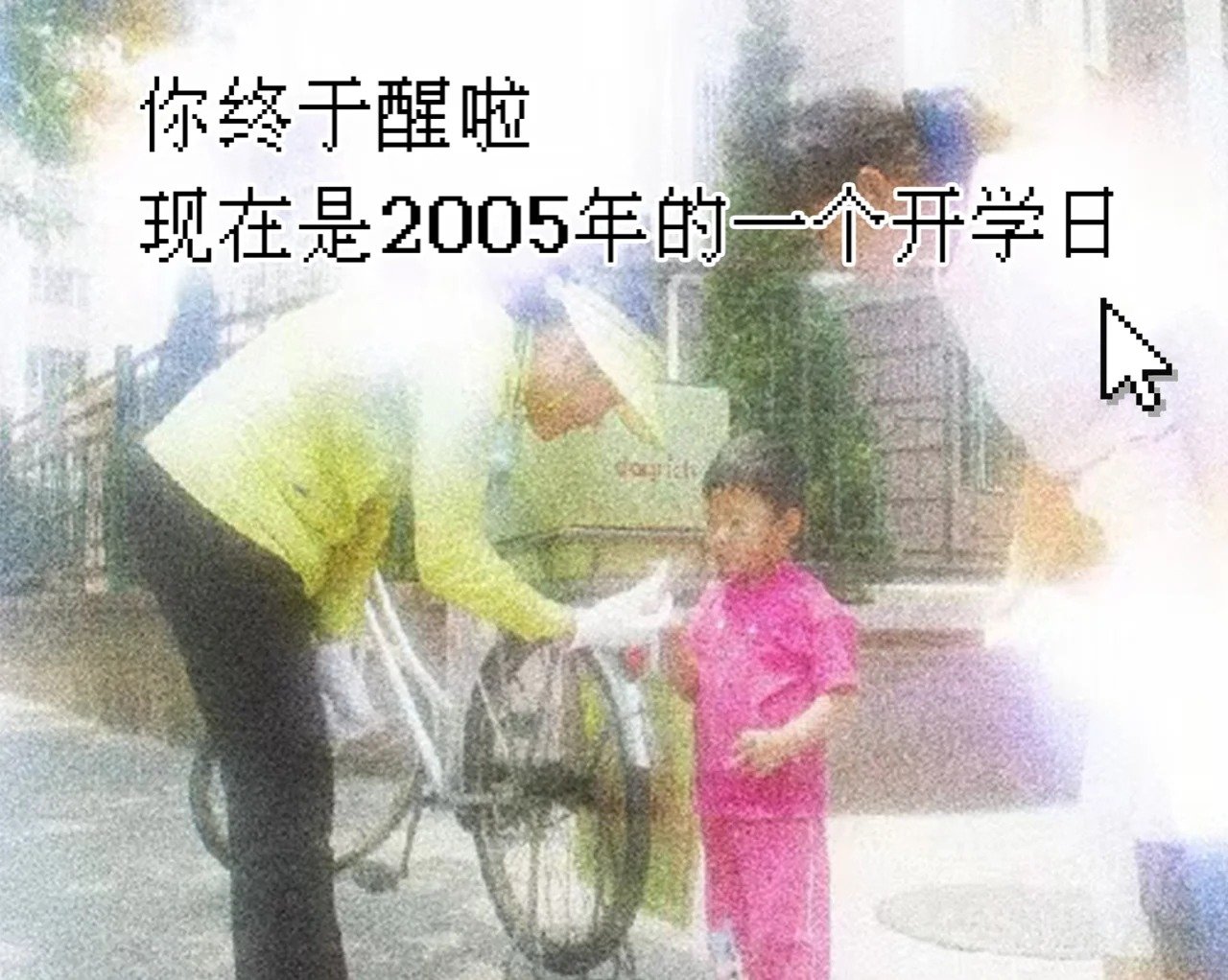
By 2016, 53% of Yakult’s sales in Japan came directly from Yakult moms as an evident testament to the power of human connection in an increasingly digital age. Their crisp white-and-red uniforms became a cultural icon; in fact, Japan’s uniform manufacturers consistently ranked Yakult’s design among the most recognizable in the country and beyond.
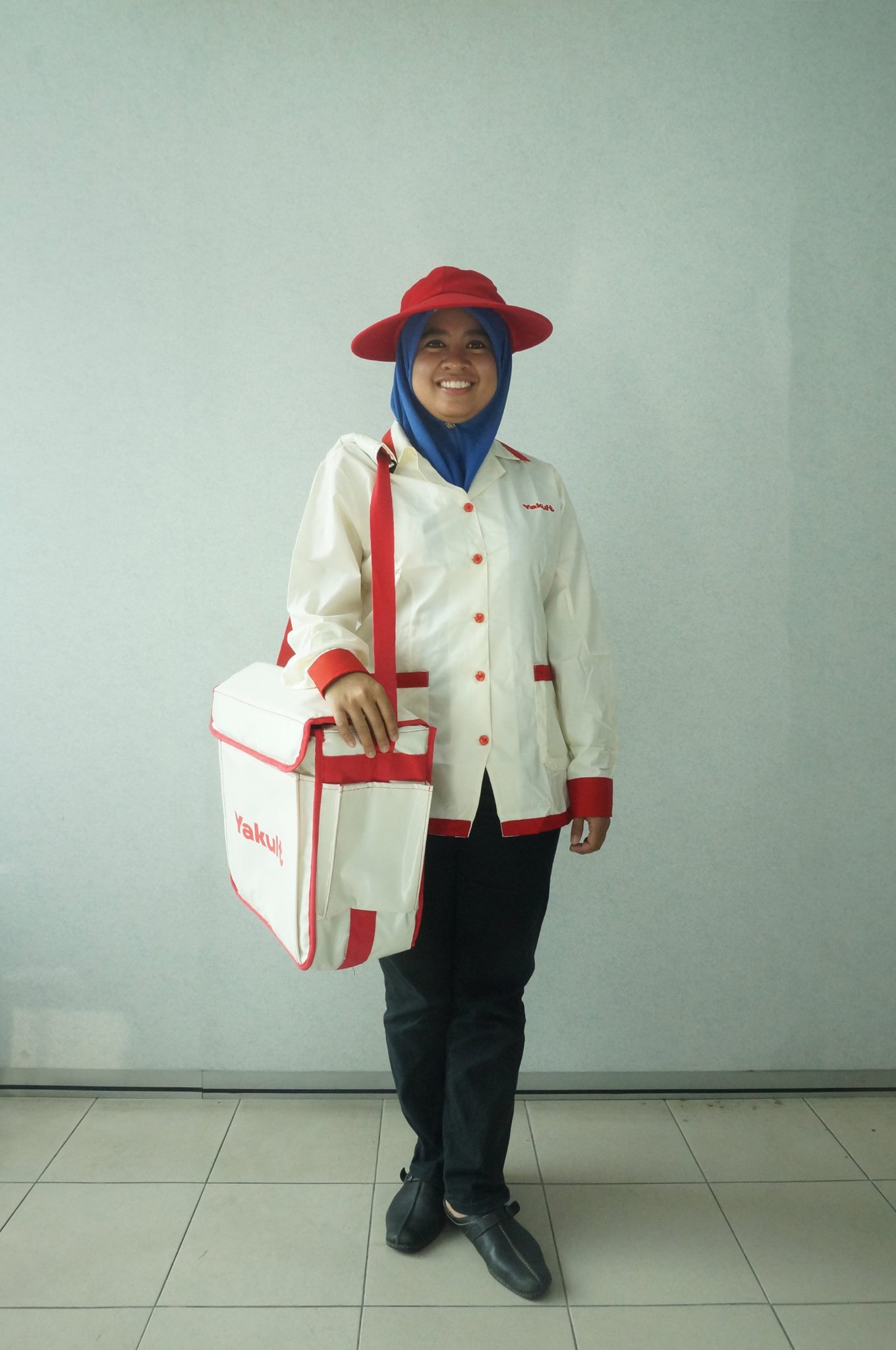
The phenomenon spread across Asia, from Vietnam to Indonesia, from South Korea to China. During Yakult’s peak in the 2000s, other local yogurt brands also borrowed the idea, employing friendly “aunties” in colorful uniforms to personally hand out their probiotic drinks to schoolchildren and commuters.
RADII’s very own writer, Moren Mao, shared her experiences with her own Yakult Moms: “So, I found out that the ‘Yakult ladies’ we bought from as a kid in Qingdao weren’t Yakult at all. It’s from a knock-off probiotic yogurt drink brand called 饮乐多 (Yinleduo), local to Qingdao. And they only had delivery ladies within Qingdao and nearby cities. It tasted pretty much the same as Yakult. The delivery ladies wore green uniforms, the drinks came in red and blue flavors, and I remember liking the blue one better. It was always a nice treat that Mom bought me after picking me up from daycare.”
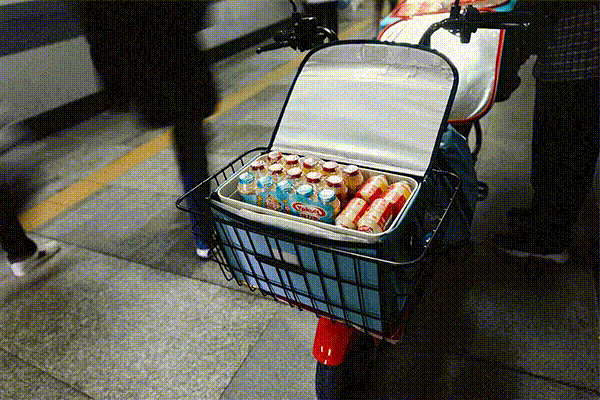
Beyond brand recognition, the Yakult mom model became a quiet revolution in social empowerment. It gave housewives flexible working hours, stable income, and a renewed sense of purpose. They could earn money while still caring for their children and families.
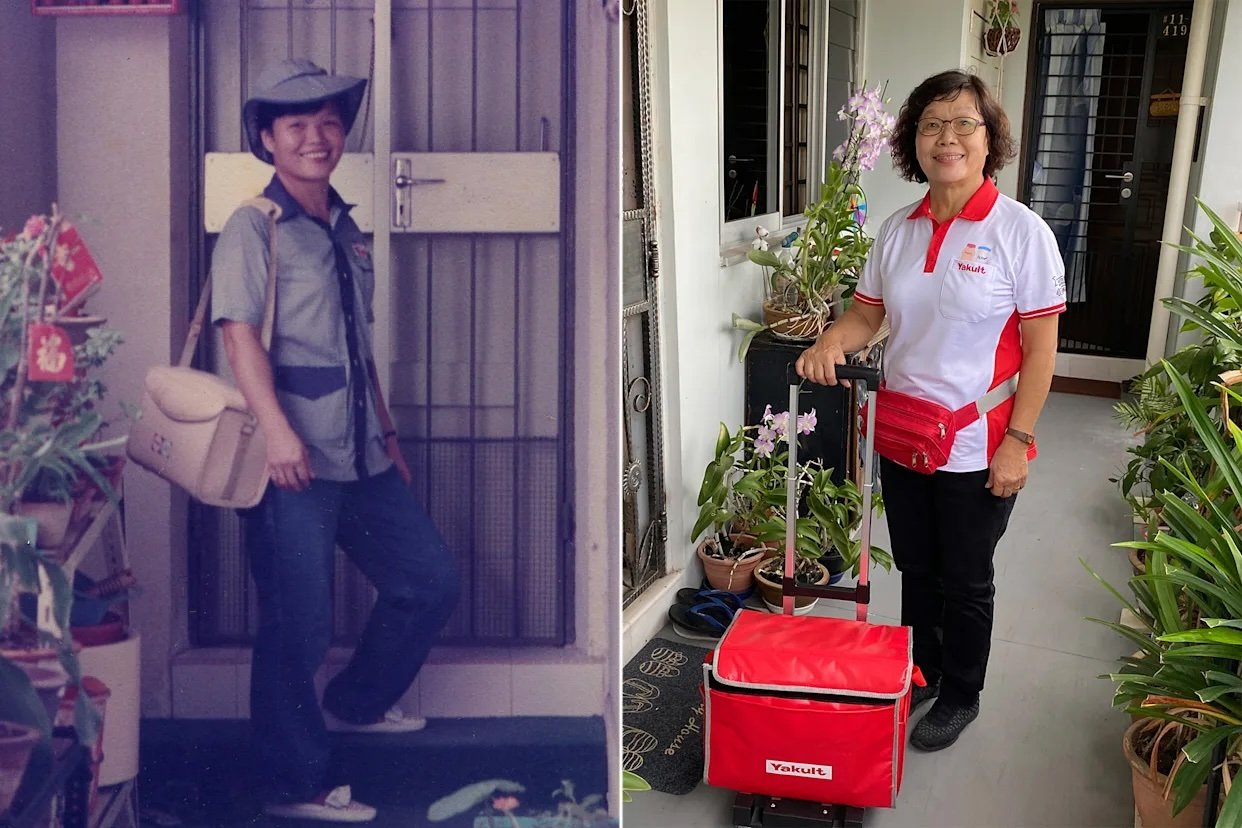
Even today, you can spot these women in Southern Chinese cities, maneuvering their red carts through narrow streets, now typically on two wheels. On Xiaohongshu and Douyin, young “moms” share their day-to-day—even their excitement from landing the gig as a Yakult mom.
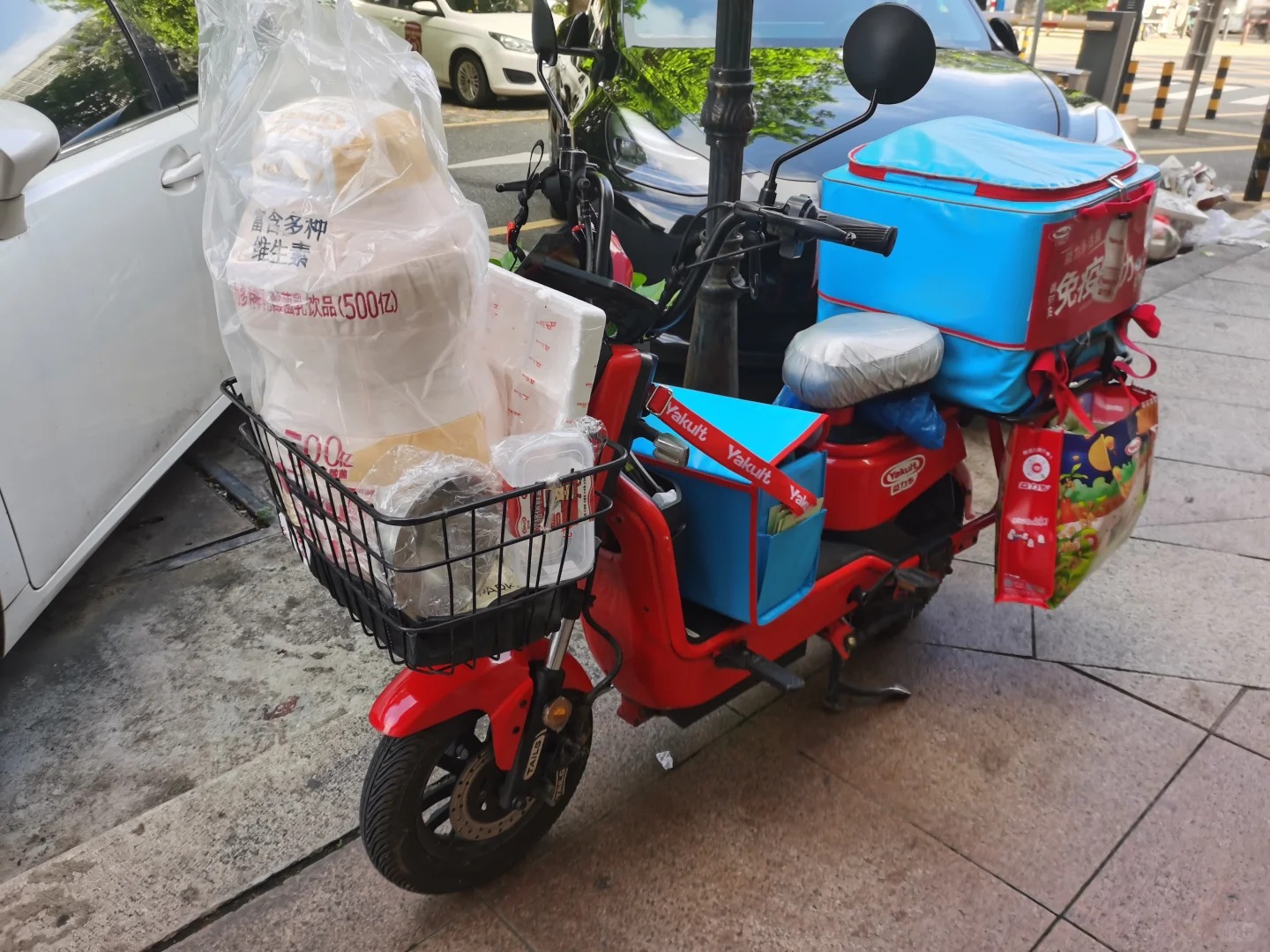
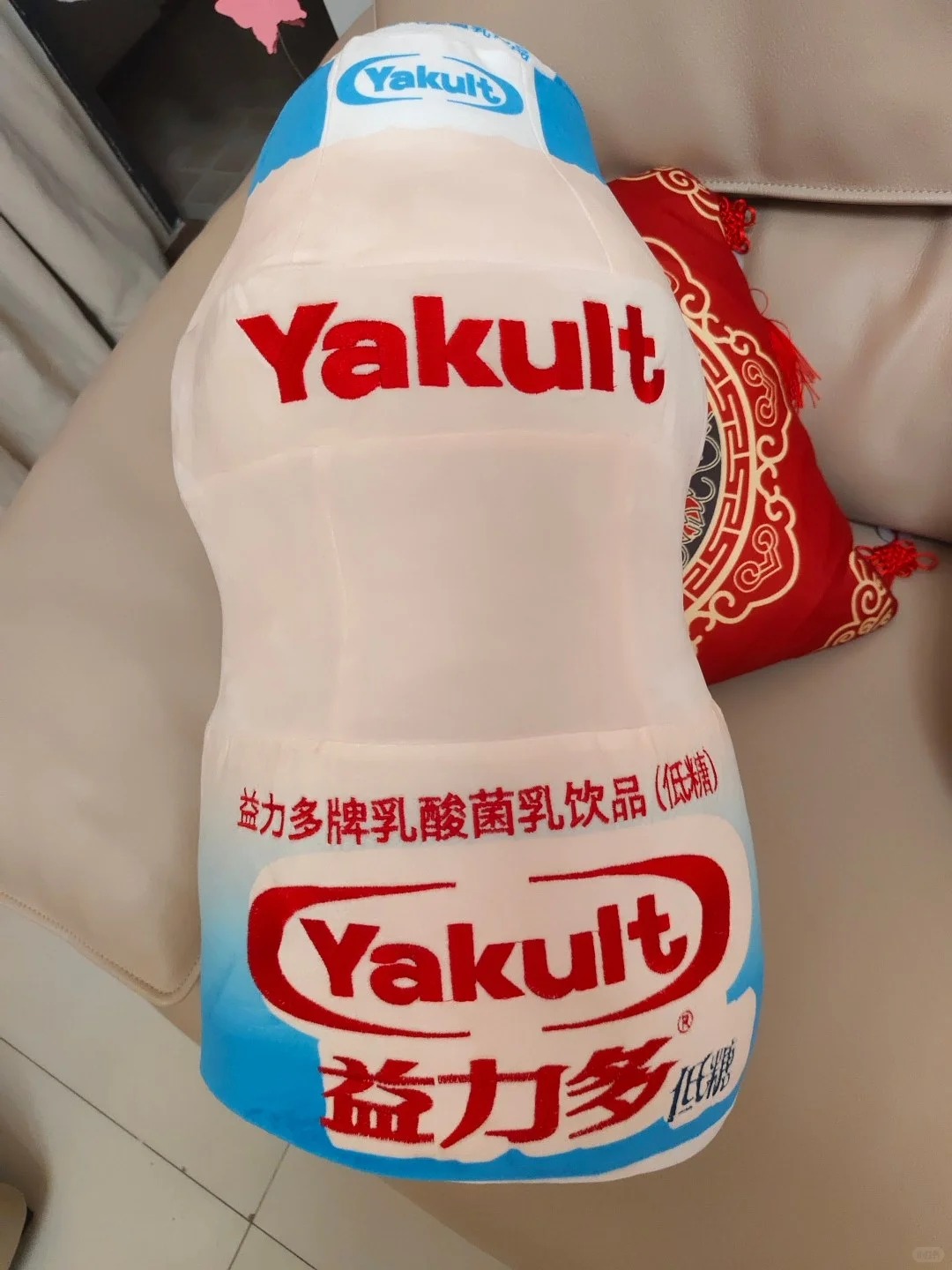
In an era dominated by online ads and influencer marketing, sometimes a little IRL love is all we need. It only takes one friendly smile on your way to school to remind you of what community used to mean.
Cover Image via Iczhiku.
